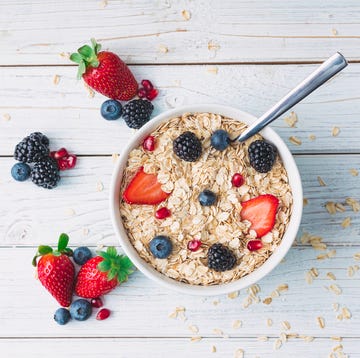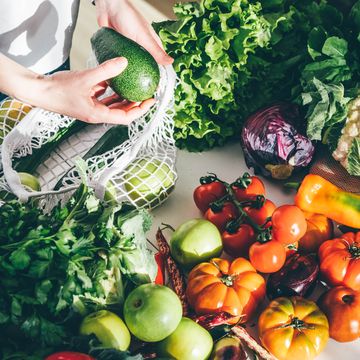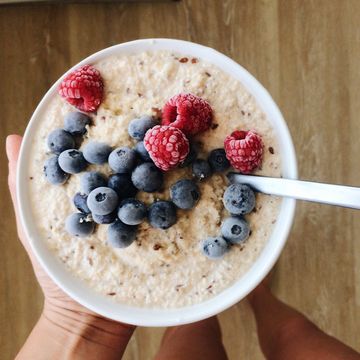9 Best Fiber Supplements, According to Registered Dietitians
You're probably not getting enough fiber. These are our top picks for better bowel movements, staying satiated and overall health and wellness.
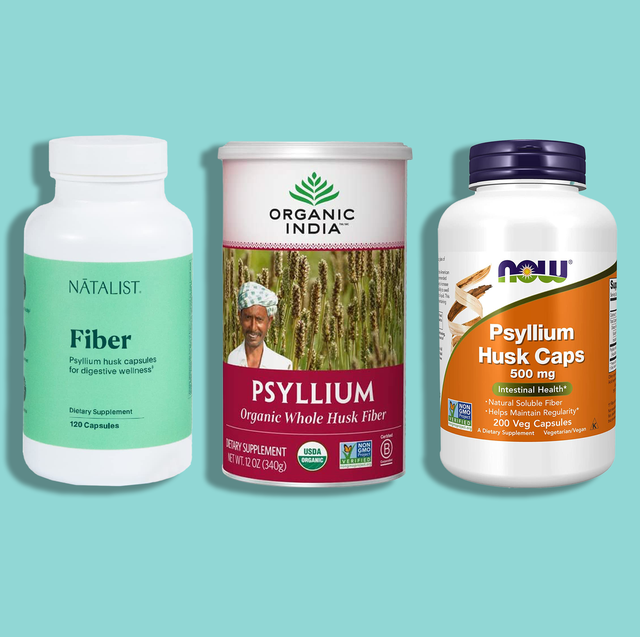
We've been independently researching and testing products for over 120 years. If you buy through our links, we may earn a commission. Learn more about our review process.
If you consume fiber regularly, your body will thank you. You need fiber for a healthy digestive system, better bowel movements and it also provides a slew of other health benefits including lowered risk of cardiovascular diseases and type 2 diabetes. Fiber comes from a range of plant foods, and it is a type of carbohydrate that is indigestible, meaning you don't break it down and use it for glucose like other carbohydrates, since it passes through your body relatively intact.
There are two main types of fiber — soluble and insoluble — and they play different roles. Soluble fiber is important for digestion and lowering cholesterol and blood sugar while insoluble fiber is associated with improving regularity. You need both types of fiber for a healthy body, yet unfortunately, many Americans are not consuming enough, falling short of the daily recommended intake set by the U.S. Department of Agriculture (USDA) which recommends 25 grams for women per day and 38 grams for men.
"Fiber is probably most well-known for improving and regulating our digestion, but it has many roles beyond that," says registered dietitian Alanna Cabrero, M.S., R.D.N., C.D.N., founder of Alanna Cabrero Nutrition. She adds it can help with "blood sugar management, improve our cholesterol, support our microbiome and increase satiety, leading to less cravings and improved sense of fullness. While the best way to get fiber is through food sources first such as fruits, vegetables, whole grains, nuts, seeds and legumes, most people in the US are only consuming about half their need of fiber a day, so taking a fiber supplement is a step in the right direction."
Our articles on supplements are informed by nutrition expertise, but the best choice for you is a personal decision between you and your healthcare provider. Our team of registered dietitians at the Good Housekeeping Institute Nutrition Lab reviewed numerous fiber supplements, emphasizing those tested by reputable third parties like USP and NSF. Since third-party testing is not yet common in the fiber industry but is becoming more prevalent, we also included products from trusted companies that follow good manufacturing practices for safety and accuracy.
Read on for everything you need to know about the best fiber supplements for men and women, including the difference between soluble and insoluble fiber, whether or not you should be taking a fiber supplement and what to look for. If you're interested in checking out more supplements to support your health and wellness goals, check out our top picks for the best probiotics for women, the best magnesium supplements and best protein powders.
Our registered dietitians in the Good Housekeeping Institute Nutrition Lab review and evaluate every single supplement we recommend in accordance with our dietary supplement methodology. We then have a registered dietitian on our Medical Review Board review each article for scientific accuracy. A supplement should do just that: supplement the diet, not replace high-quality, nutritious food and important healthy lifestyle practices. Check with your healthcare provider before starting any dietary supplement regimen.

Laura Iu, R.D., is a registered dietitian nutritionist, certified intuitive eating counselor, yoga guide, and owner of Laura Iu Nutrition, a private practice in New York City. She earned her Bachelor of Science in Nutrition and Dietetics from New York University and completed her internship in dietetics at Weill Cornell & Columbia Medical Center of New York-Presbyterian Hospital. She went on to work in New York City’s top hospitals, including Mount Sinai Hospital and NYU Langone Health. She believes that true health is all encompassing — physical, emotional, and mental wellbeing — not an external measure via shape or size.

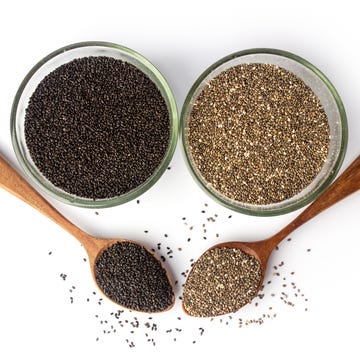
Chia Seeds v. Basil Seeds

The Viral Health Trend Worth Trying
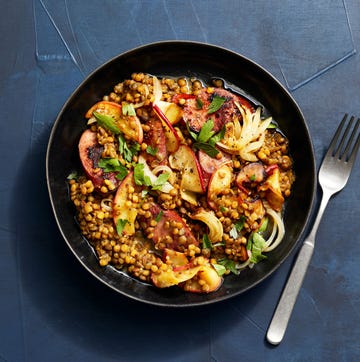
Go All in on These High-Protein, High-Fiber Meals

Is It Safe to Eat Chia Seeds Every Day?


















